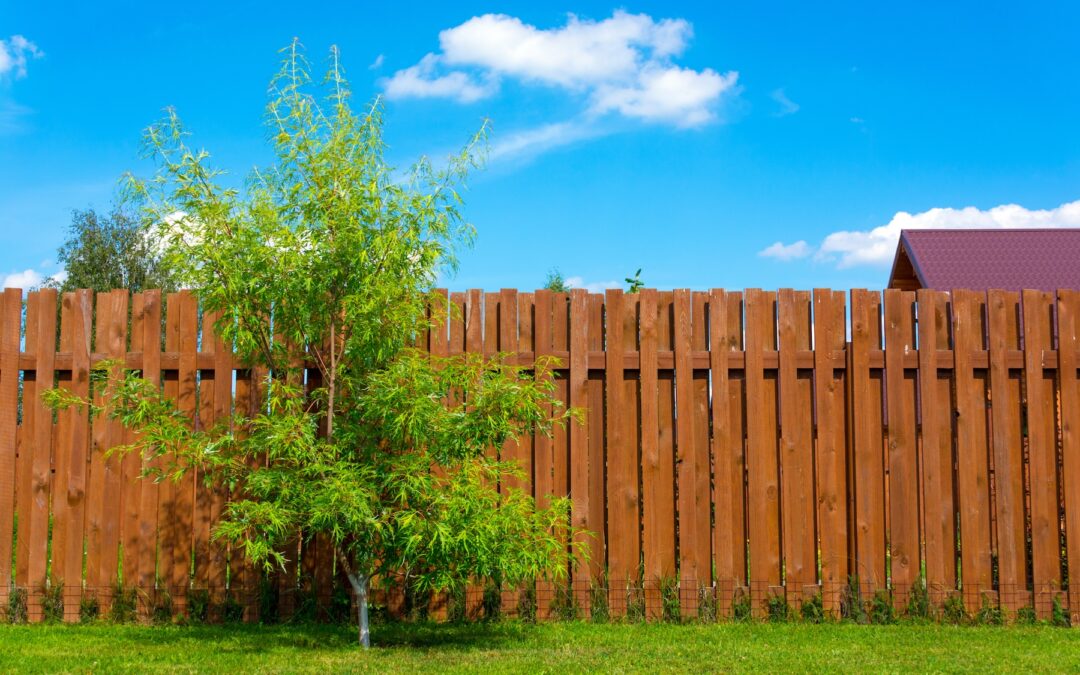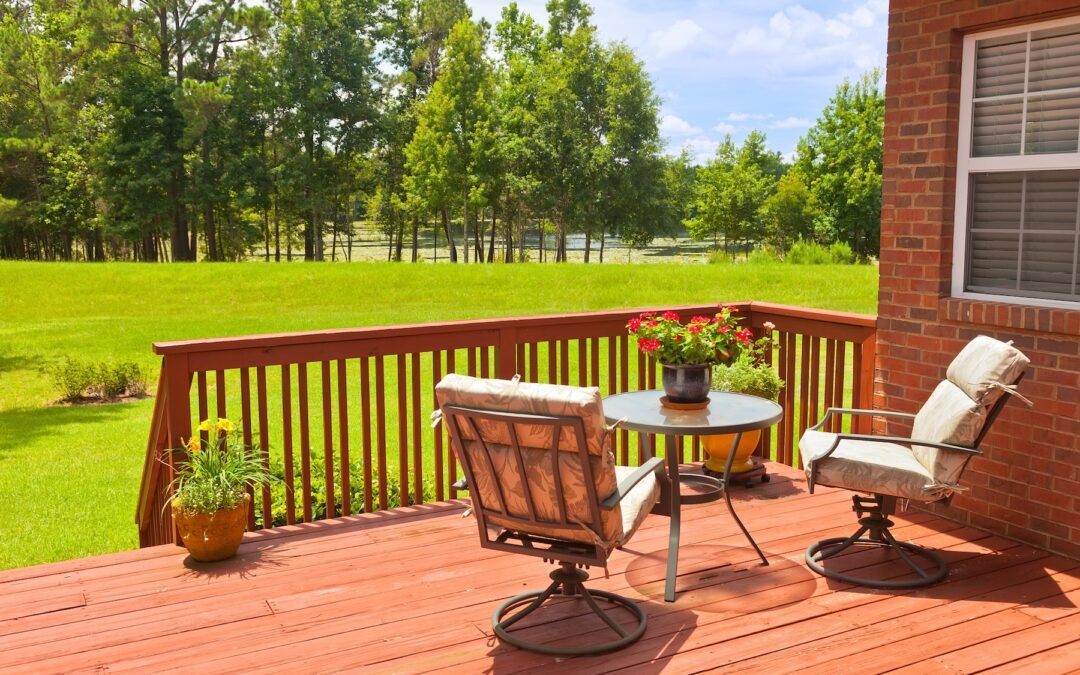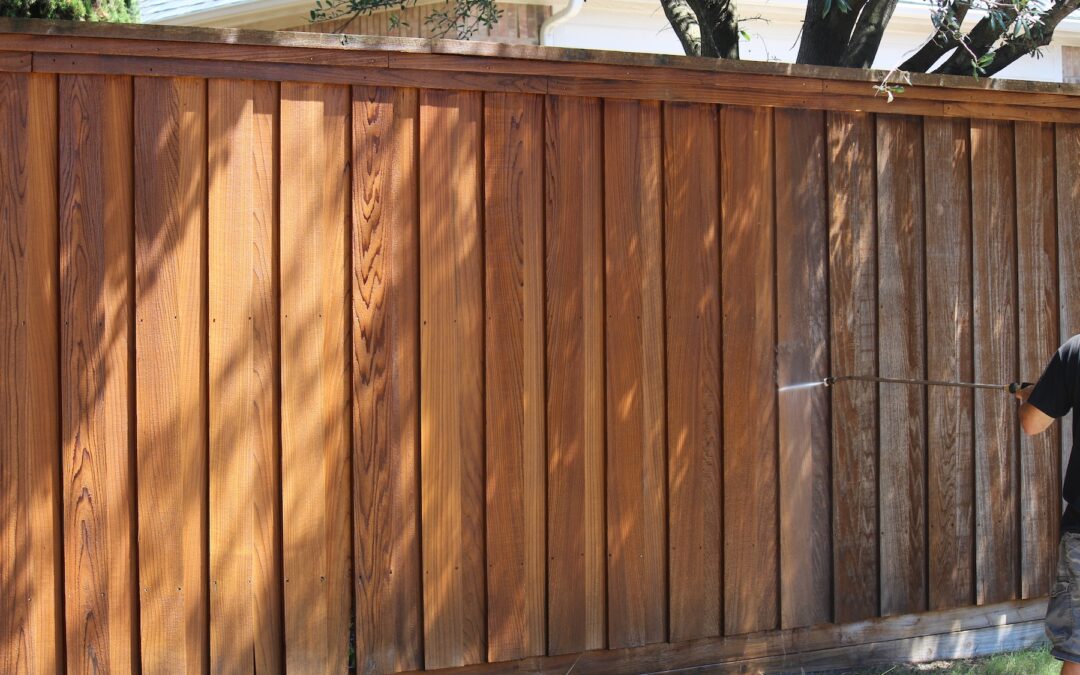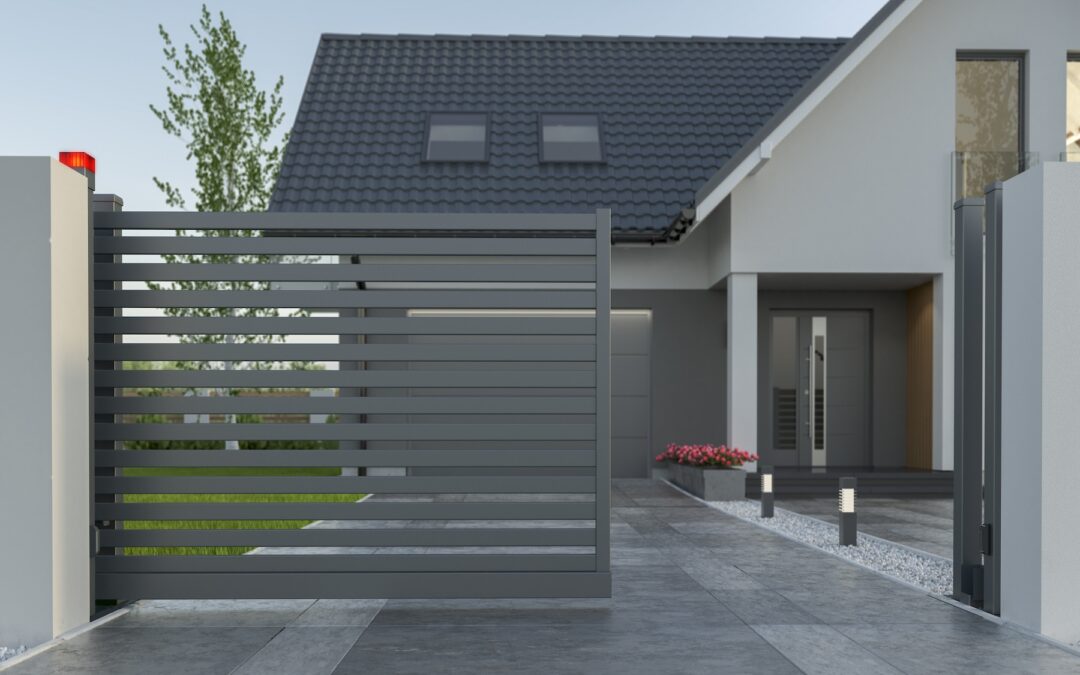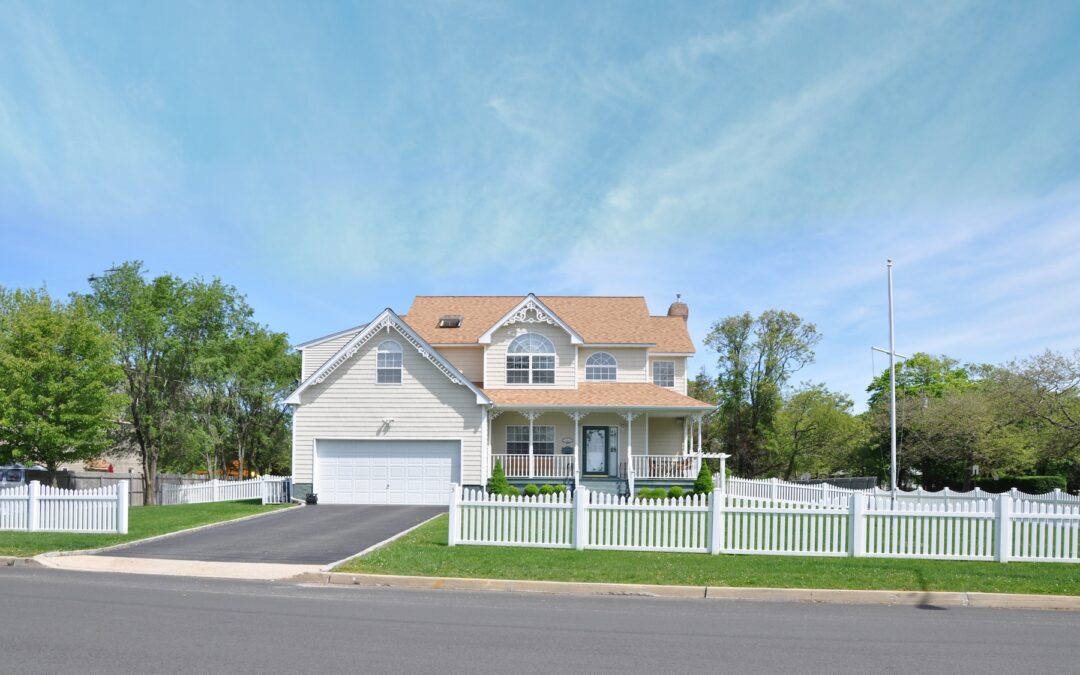Choosing the Right Fence for Your Needs
When selecting a fence, it's crucial to consider your specific needs, such as privacy, security, and aesthetic appeal. Different types of fences serve various purposes, from decorative picket fences to robust privacy fences that shield your yard from prying eyes.
For instance, if you live in a noisy neighborhood, a solid wood or vinyl fence can help reduce sound and enhance your outdoor experience. Alternatively, if you have pets or children, a tall, sturdy fence may be necessary to keep them safe and secure while allowing you to maintain an inviting atmosphere.
Understanding Different Fencing Materials
The choice of fencing material significantly impacts durability, maintenance, and cost. Common materials include wood, vinyl, chain link, and wrought iron, each offering unique benefits and drawbacks.
For example, while wood provides a classic look and can be customized easily, it requires regular maintenance to prevent rot and decay. On the other hand, vinyl fences are low-maintenance and resistant to weathering, making them a popular choice for homeowners seeking longevity without the hassle.
Enhancing Curb Appeal with Fencing
Fencing plays a key role in enhancing the curb appeal of your property, creating a welcoming environment and increasing overall value. The right fence can complement your home’s architectural style and landscaping, making it more attractive to potential buyers.
For instance, a well-designed wrought iron fence can add elegance to a traditional home, while a modern horizontal wood fence can offer a contemporary touch. Additionally, incorporating decorative elements like lattice or post caps can further enhance the visual appeal of your fencing.
Common Fencing Mistakes to Avoid
Many homeowners make common mistakes when installing fences that can lead to issues in the long run. These mistakes include poor planning, neglecting local regulations, and choosing the wrong materials for their specific environment.
For example, failing to check property lines can result in disputes with neighbors, while selecting a material that doesn’t withstand local weather conditions can lead to premature wear and costly repairs. By understanding these pitfalls, homeowners can make informed decisions that ensure their fencing projects are successful and enduring.
